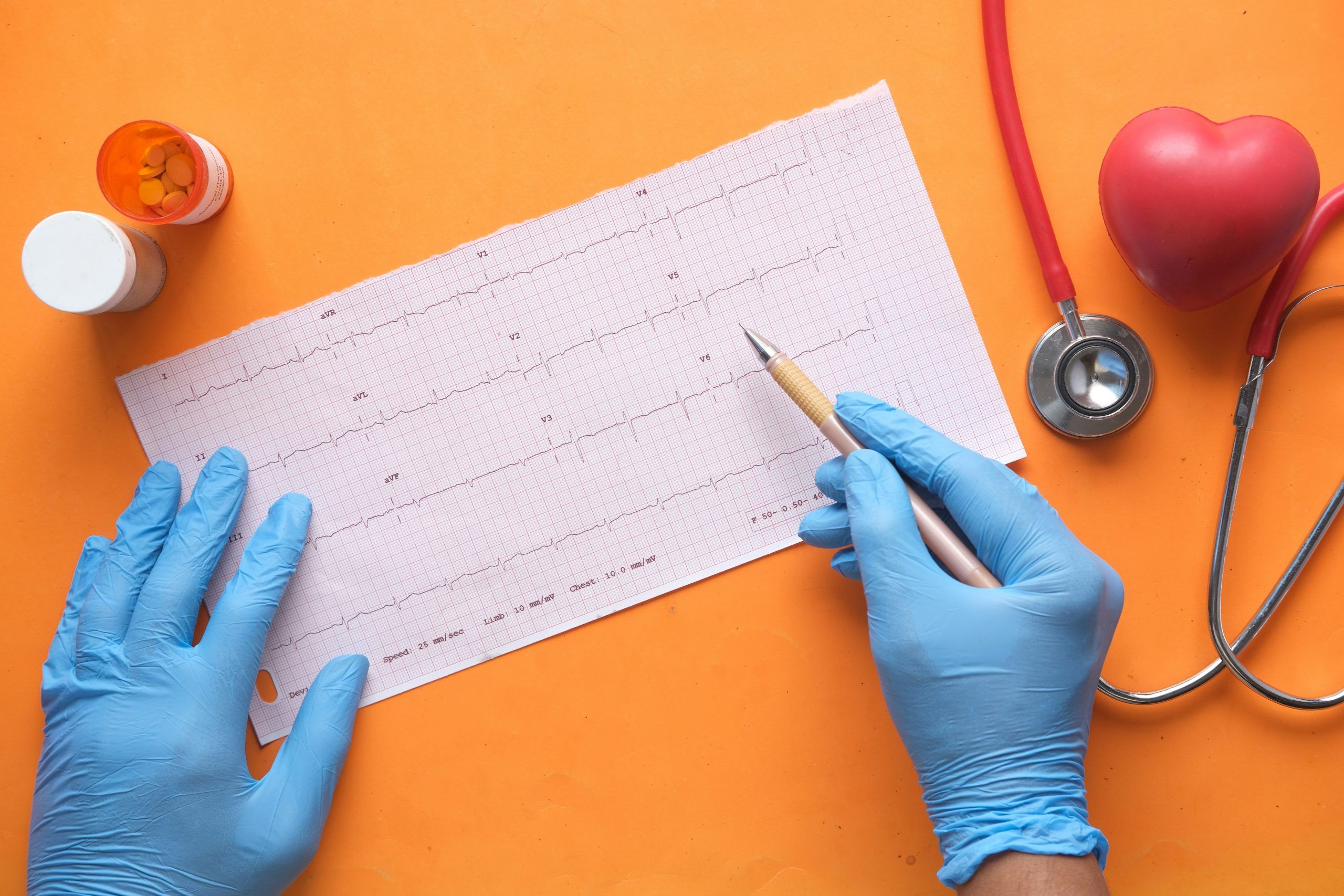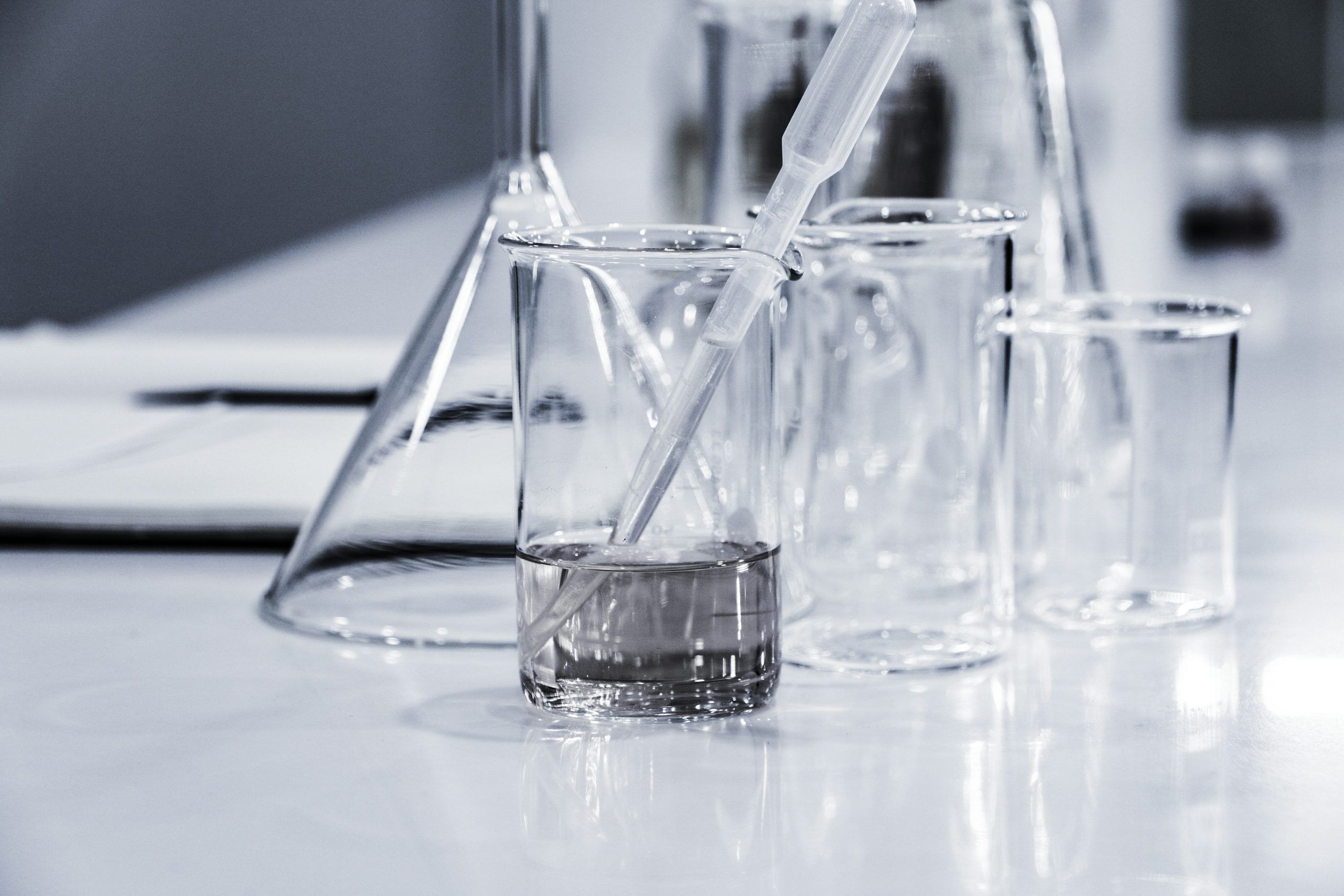Choosing the best research laboratory for your biotech project is an important decision. It is one that can significantly impact the success of your work.
There are numerous options available, making it essential to carefully evaluate potential laboratories to ensure that they meet your specific needs and project goals.

We have created a guide encompassing essential laboratory features to help you decide.
Understanding Your Project Needs
Before you even begin your search you need to make sure that you have a clear understanding of what the requirements of your project are.
There are a number of different aspects of a project that require definition:
- Scope and Objectives: Clearly outline the goals and scope of your biotech project. What are the specific outcomes you aim to achieve?
- Technical Requirements: Identify the specific technologies, equipment, and expertise required for your project. This may include advanced imaging technologies, high-throughput screening, or specialized cell culture facilities.
- Budget: Determine your budget constraints and allocate funds accordingly. Consider both direct costs (e.g., lab fees, materials) and indirect costs (e.g., travel, shipping).
- Timeline: Establish a realistic timeline for your project, including key milestones and deadlines.
Key Factors to Consider
1. Expertise and Specialization
Research laboratories will often specialize in specific areas of biotechnology. You’ll need to look for laboratories that have expertise relevant to your specific project.
There are three main things you should look at when deciding whether the laboratory has the expertise you need for your project:
- Scientific Staff: Evaluate the qualifications and experience of the principal investigators and research staff. Are they recognized experts in their field and is that experience relevant to your project?
- Publications and Patents: Review the laboratory’s track record in terms of publications and patents. High-impact publications and successful patents can indicate that a laboratory is competent and successful in innovation.
- Previous Projects: Investigate the laboratory’s history with similar projects. Have they successfully completed projects similar to yours?
2. Facilities and Equipment
The availability of state-of-the-art facilities and equipment is another thing that is absolutely crucial for the success of any biotech project. To decide whether the laboratory has the facilities and equipment necessary for you to run a successful project, you need to assess the following items:
- Laboratory Infrastructure: Ensure that the lab has the necessary infrastructure, such as clean rooms, biosafety levels, and specialized facilities (e.g., vivariums for animal studies).
- Equipment: Verify that the lab possesses the advanced equipment required for your project. This might include mass spectrometers, DNA sequencers, or bioreactors.
- Maintenance and Upgrades: Inquire about the maintenance schedule and frequency of equipment upgrades. Well-maintained and up-to-date equipment can enhance the quality and reliability of your results.
3. Collaboration and Communication
You also want to make sure that effective collaboration and communication are the standard in the lab you are looking at. You should feel assured that the proper communication channels are in place, that you are able to voice concerns and opinions, and that you are able to transparently transact with those around you.
Here are some things you should do:
- Communication Channels: Establish clear communication channels with the lab. Regular updates and feedback sessions can help address any issues promptly.
- Collaboration Opportunities: Look for laboratories that offer collaboration opportunities, such as access to additional expertise or resources through partnerships with other institutions or industry stakeholders.
- Project Management: Evaluate the lab’s project management capabilities. A well-organized lab with a robust project management framework can ensure timely progress and adherence to project timelines.
4. Location and Accessibility
The location of the research laboratory can impact logistics, especially if you need to be physically present or frequently ship samples and materials.
You should choose a lab that is geographically convenient for you and your team as this will help reduce travel time and costs. Also, be sure to evaluate the ease of shipping materials to and from the lab. Ensure the lab is equipped to handle the logistics involved in your project.
5. Regulatory Compliance and Certifications
Compliance with regulatory standards is crucial in biotechnology research. It is important to ensure that the lab meets all of the relevant regulatory requirements:
- Certifications: Verify that the lab holds the necessary certifications relevant to your project.
- Ethical Standards: Ensure the lab adheres to high ethical standards, especially if your project involves human or animal subjects.
- Data Security: Assess the lab’s data security measures to protect sensitive information.
6. Cost and Value
While cost is an important factor, it’s essential to consider the value you’re getting for your investment. Make sure that you understand the lab’s pricing structure, including any additional fees for specific services or equipment usage, and also consider the overall value offered by the lab. A higher-cost lab may provide better expertise, facilities, and support, which can be crucial for the success of your project.
Making the Final Decision

After evaluating potential laboratories based on the factors outlined above, narrow down your options and conduct site visits if possible. During your visits, engage with the scientific staff, tour the facilities, and ask detailed questions to gather additional insights.
Once you’ve gathered all the necessary information, weigh the pros and cons of each option. Choose the research laboratory that best aligns with your project’s needs, budget, and timeline while offering the expertise, facilities, and support necessary for success.

